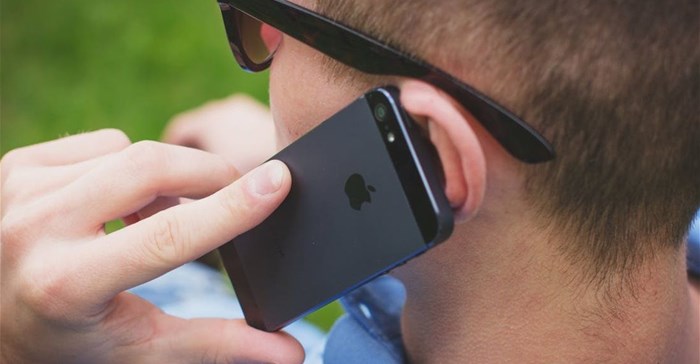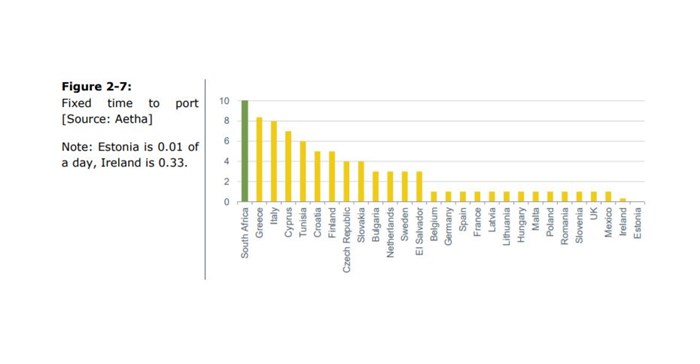Icasa looks to ease number porting rules

Number portability, which was introduced in 2006, allows cellphone and fixed-line subscribers to switch network operators without losing their phone numbers. Referred to as porting, it was meant to spur competition at a time when voice prices were high. The rationale was that if users could switch networks without losing their numbers, operators were likely to cut prices and improve services to win customers.
However, the regulations had not yet realised their full potential, Icasa said in its report on number portability. It said the local market had changed in many respects since the launch of the regulations and new challenges needed to be tackled.
Discounts on calls between users of the same network and other rewards offered by the large operators have a stifling effect on porting,
From implementation in November 2006 until June 2017, almost 7.2-million mobile numbers switched networks. On average, 54,460 numbers are switched per month. From April 2010 to the end of June 2017, almost 1-million fixed-line numbers moved between operators.

Analysts from research firm BMI-TechKnowledge said number portability only succeeded if customers had confidence in the process and they experienced a simple, cheap operation with minimal delay or friction.
The analysts said the fact that fewer people were porting in SA than in comparable markets underscored "our belief that South Africans are experiencing delays and frustrations with the process, often having valid porting requests rejected for no proper reason".
According to Icasa's findings, the time it takes to switch networks could be reduced as real-time porting is becoming a standard feature in countries such as the US, Australia and Canada. In SA it takes one day to move a cellphone number to another operator and about 10 days to switch fixed-line numbers.

The process is handled by the Number Portability Company, which is owned by Cell C, MTN, Vodacom, Telkom, and Neotel. The company determines the prices for porting. It does not publicly disclose the breakdown of which cellular network operator or fixed-line companies are making net gains in customers from number portability. This limits Icasa's ability to monitor portability and tackles potential issues in its implementation.
Icasa said it should have the right to access information through the joint company and to audit the prices.
Some respondents to the inquiry on number portability complained that it was uneconomical to port a block of numbers because the Number Portability Company charged a fee per number, rather than a single charge in respect of the block.
Another finding was that the non-geographic numbers prefixes - 080, 086 and 087 - should be included for porting. The 080 and 086 numbers are mainly used in call centres while 087 is now extensively used by small companies for voice over internet protocol calls.
BMI-TechKnowledge said allowing porting of fixed nongeographic numbers would be an "important breakthrough in increasing competition".
It said Icasa's review of the regulations was long overdue in a dynamic and rapidly changing market where security was fast becoming an issue.
"We support the general findings, although at times they pander to inadequate operator systems rather than customer needs," it said.
Source: Business Day
Source: I-Net Bridge

For more than two decades, I-Net Bridge has been one of South Africa’s preferred electronic providers of innovative solutions, data of the highest calibre, reliable platforms and excellent supporting systems. Our products include workstations, web applications and data feeds packaged with in-depth news and powerful analytical tools empowering clients to make meaningful decisions.
We pride ourselves on our wide variety of in-house skills, encompassing multiple platforms and applications. These skills enable us to not only function as a first class facility, but also design, implement and support all our client needs at a level that confirms I-Net Bridge a leader in its field.
Go to: http://www.inet.co.za


































